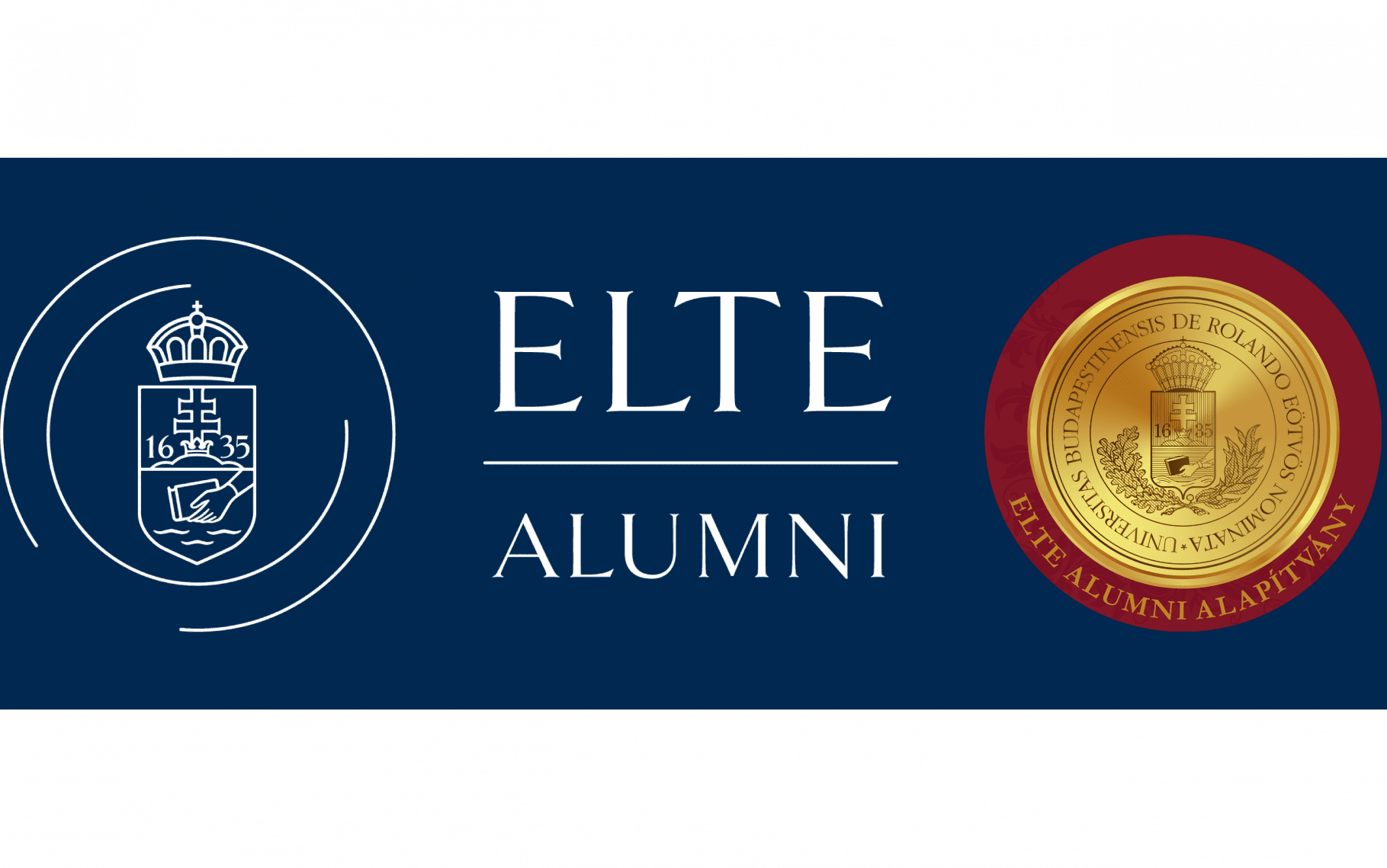How can we interpret distance learning from an environmental psychological point of view?
Environmental psychology examines how our physical environment and social relationships affect our physical and mental functioning. The sudden change in both aspects due to an epidemic threat has created a new situation for environmental psychologists. So far, we have not gathered scientific data on a situation exactly like this. On the other hand, the mental state of people living in extreme isolation, such as on a submarine or international space station, has been widely researched. In the frame of these investigations, various withdrawal symptoms have been studied. These experimental situations or extreme life circumstances, however, can only provide us with hints, as distance learning and home office by no means entails complete isolation thanks to today’s technology. Nevertheless, we can say for sure that
this new, unknown situation makes everyone uncertain and demands new coping strategies.
From a scientific point of view, we live in an immensely exciting time. We will soon be launching some new research projects with my colleagues at the Faculty of Education and Psychology.
Can the online environment be interpreted in the context of environmental psychology?
The connection between the online interfaces and the users themselves, that is, monitor ergonomics is an exciting field of study. For me, however, the user’s position in the socio-physical space and the development of social relationships in the online environment are just as important topics. Humans are social beings, and now, in addition to learning, we also need to transfer this important segment of our lives almost completely into virtual reality. So far, we’ve kept saying that people should pay attention to the proportion of time spent offline and online and limit the role of virtuality in their lives, and now we are compelled to follow six to eight online channels on a regular basis for work, study, private life, and cultivating friendships. All this is not the result of our free choice, but a situation of coercion to which we have to adapt. We certainly find this situation psychologically demanding.
How should we prepare for studying at home and working from home?
We need to face the truth that our spatial boundaries have become extremely vague. The line separating work from home has been blurred. Sometimes we can literally see into each other’s bedrooms through webcams when we have meetings or classes. We can experience that
the intimate space where we could really rest, relax, and exist mentally unencumbered is in danger.
It is therefore imperative that at least psychologically we divide the space as much as possible and dedicate places to study/work, eating, and rest.
In addition, in many homes, families spend much more time physically together than usual, and no one has possibility to temporarily retreat somewhere, to step out of this situation. Under these circumstances, it is particularly important for everyone to have their own private space in the apartment, no matter how small. There should be at least one corner where one can retreat and this option must be given to the others, as well!
How can we maintain our motivation and stay focused?
In addition to dividing up our space, the conscious separation of functions, and the regular nurturing of social relationships online, it is also important to be able to rest, unwind, and recharge. The plenty of novelties, the learning of new digital skills, the continuous adaptation to new situations, and the development of coping mechanisms are mentally rather demanding. Thus, in order to maintain our mental health and productivity, it is extremely important that we engage in activities that involve other types of mental processes, be it reading, listening to music, or any other proven form of recreation.

Megjegyzések0
Nincs jogosultsága a megtekintéshez, illetve megjegyzés írásához.Kérjük, jelentkezzen be.
Javasolt cikkek



